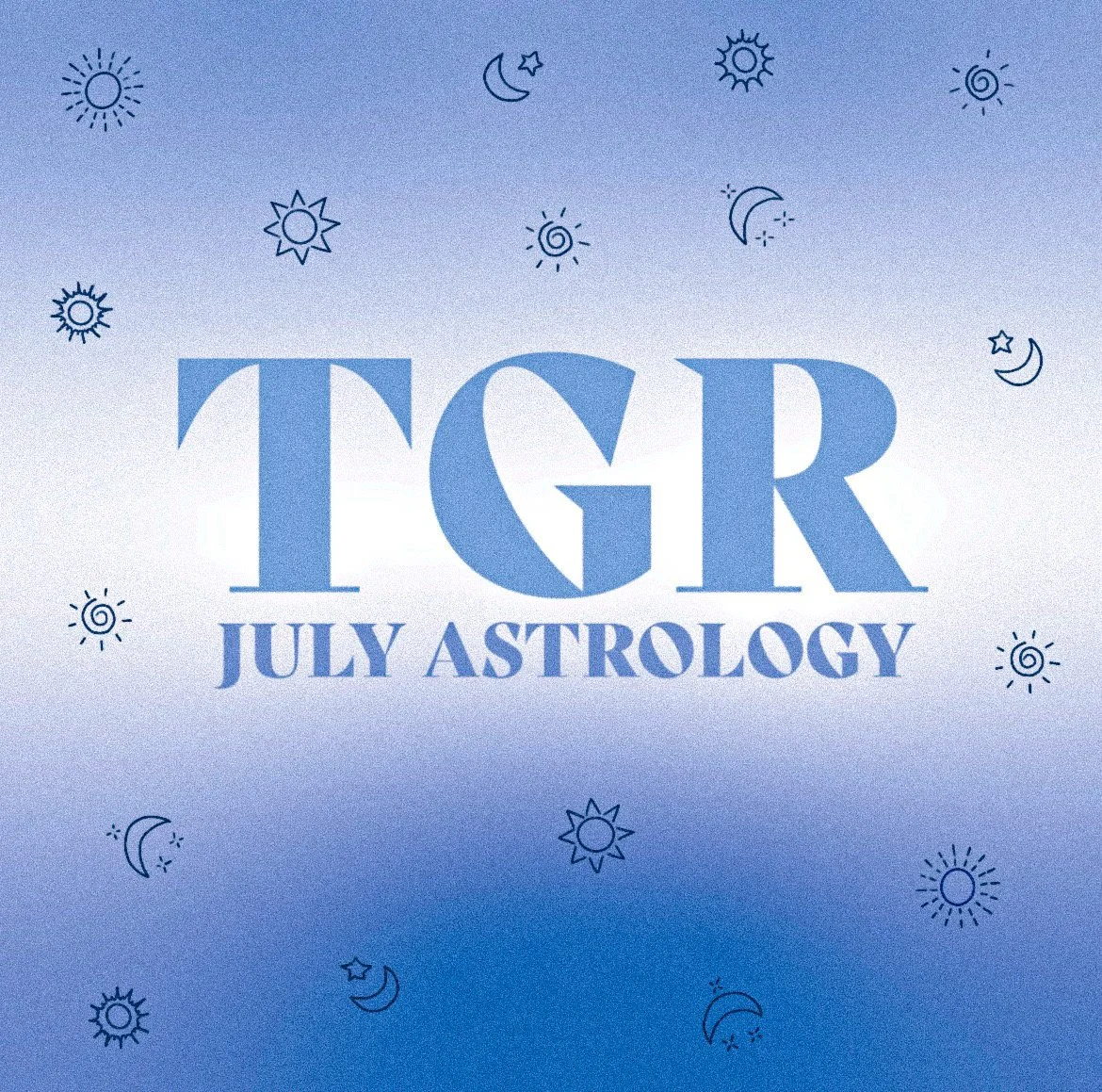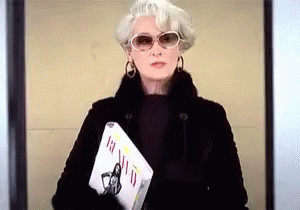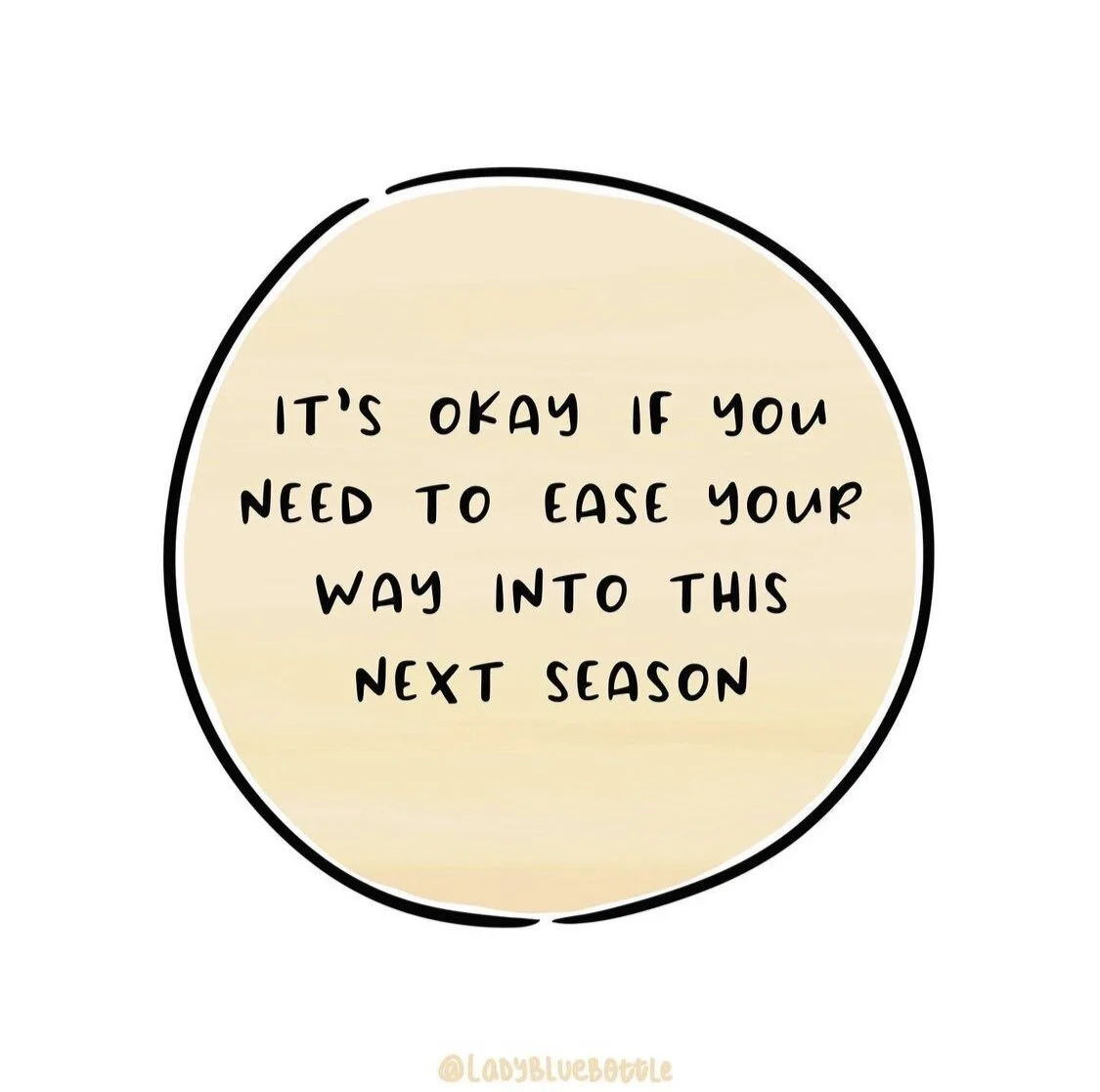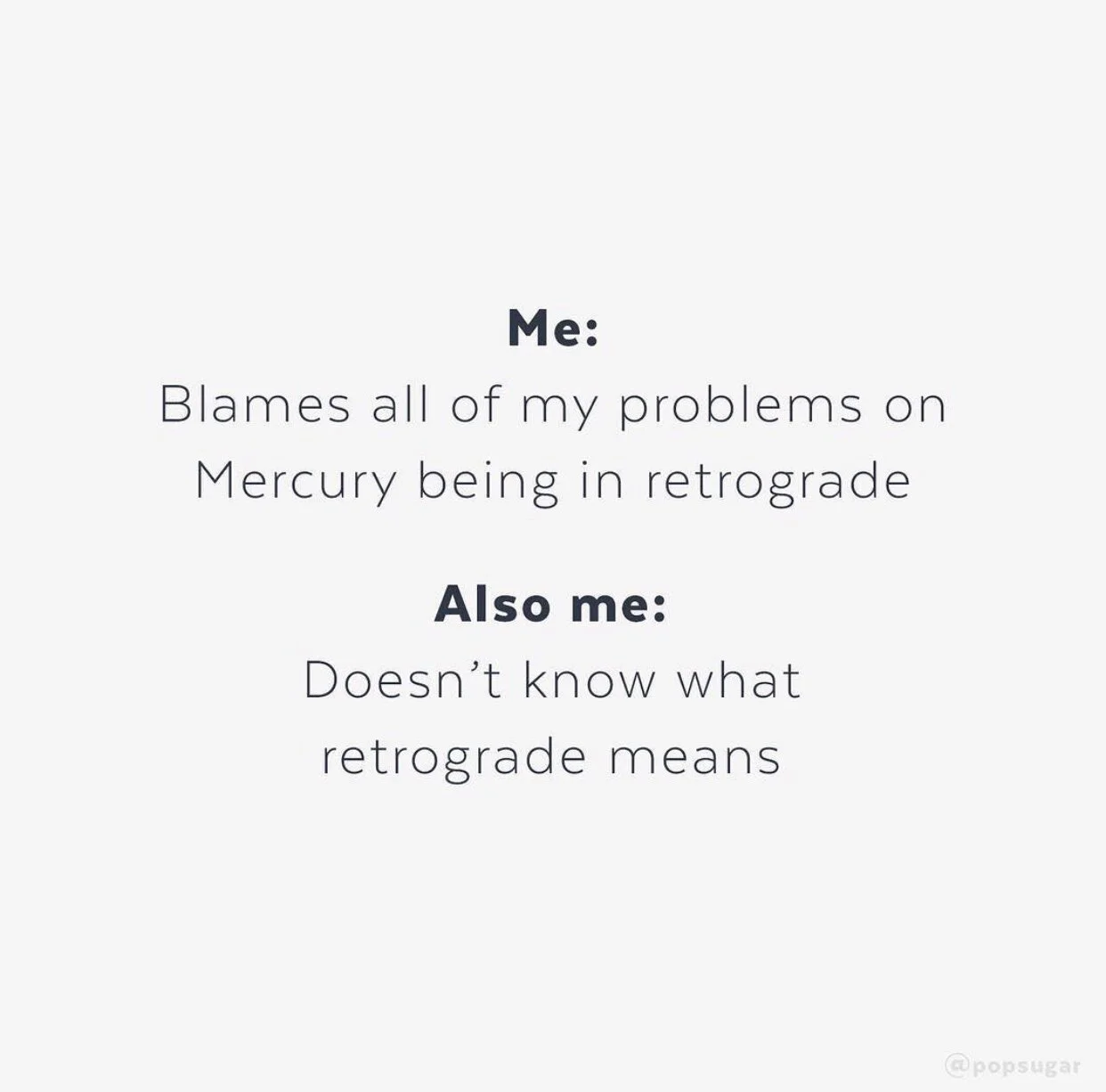LGBTQ+ Icons
Pride Month is a great time to celebrate and highlight the work of the many amazing members of the LGBTQ+ community — but an important thing to keep in mind is that their work and contributions, both in their professions and in their activism, are year-round efforts. These artists, designers and activists have had a whirlwind past few years, and have shown they deserve all the flowers and praise for sharing their individual truths as queer icons.
Rickey Thompson & Denzel Dion: YouTubers Rickey Thompson and Denzel Dion are the faces of a generation. They got their start on the social media app Vine and then successfully transitioned to YouTube, gaining a solid following that launched them into internet celeb status. It’s no wonder they’ve become pop culture sensations with their viral videos and hilarious commentary on entertainment news and random topics on both their Spotify podcast, We Said What We Said, and their Snapchat show, Road Trippin’. As influencers and content creators, Thompson and Dion have set the bar high. Their high-quality skits, podcasts and videos displaying unwavering self-confidence and constant reminders to exercise self-love are proof that we’re no good to anyone else if we don’t love ourselves first!
Billy Porter: Not only is Billy Porter an amazing, kick-ass actor, crushing his role as Pray Tell on “Pose,” but he’s the definition of fabulous. The trendsetter is known for his bold looks on the red carpet, as well as taking on the role as the first-ever genderless fairy godmother in the new “Cinderella” remake. Porter has also recently broken his silence on being HIV positive for the last 14 years, thus ushering in a much-needed conversation on how society treats the silent epidemic that is HIV/AIDS within both LGBTQ+ and BIPOC communities. His tireless dedication to bringing his best self and his personal truth to everything he does demonstrates he is an icon worthy of all the praise.
Brandon Blackwood: Brandon Blackwood, a self-made handbag designer, has quickly become a fave among celebrities like Kim Kardashian and Doja Cat. His “End Systemic Racism” tote, first released last summer, sold out in just two hours, with profits donated to a local pro bono legal assistance program. It was truly a bold fashion statement that challenged the predominantly white image of what a luxury item should look like in the fashion world. It dared other brands and designers to speak on the state of our nation during the re-emergence of the Black Lives Matter movement following the murder of George Floyd. Despite discontinuing the ESR line, Blackwood’s work has shown that Black luxury is about more than material value, and that the overlap of fashion and activism is significant.
Victoria Monét: Some of Ariana Grande’s, Chris Brown’s, Fifth Harmony’s, and Chloe x Halle’s biggest hits are thanks to Victoria Monét. She spent much of her early career writing for other artists, but the past two years have seen a rapid emergence of Monét coming into her own. Last year she released her debut album, “Jaguar,” a sexy and sultry mix of songs celebrating her sensuality and sexuality. The world may have been shocked to hear that she had a fling with R&B singer Kehlani, but really, we should all just be grateful it gave us songs like “Touch Me.” The bisexual singer has openly talked about her sexuality before, but it’s always inspiring to see an artist bravely express and explore that side of herself with the world.
Indya Moore: You might know Indya Moore best as the incredible Angel Evangelista from “Pose.” They were named one of TIME Magazine’s 100 Most Influential People in 2019, as they have been outspoken on their activism and identity politics beyond the role they play on screen. Their extraordinary work as an actor stems from their real-life experiences growing up in a transphobic household, forcing Moore to run away from home at 14. Despite struggling as a child, Moore has used fashion and their new platform to speak on reclaiming power from body dysmorphia and unfair beauty standards set for those who are viewed as women. Among Moore’s notable accomplishments is being the first transgender person to cover Elle magazine. What’s most admirable about them is that they have used every opportunity to speak on their identity as a trans and non-binary person living in a world that hasn’t always accepted them for who they are. It’s never stopped them from moving forward — Moore is currently working on a gender-bending recreation of Mary Shelley’s Frankenstein and other upcoming projects.
Elliot Page: This past year nothing was as heartwarming as seeing Elliot Page share that he finally felt comfortable enough to be in swimming trunks with a bare chest after transitioning. These last few months have been beautiful seeing Elliot Page share his thoughts on his transition, where he goes from here as a queer man, and that he loves himself despite his personal and professional challenges. His announcement back in December is still a bittersweet reminder of how many people are not able to feel the joy of coming out and being seen for what they identify as, or have their pronouns be respected. To see him fully embrace himself while continuing to highlight the dangers of current anti-trans legislation is an important reminder that transgender rights are human rights as well.
Schuyler Bailar: Schuyler Bailar is the first openly transgender NCAA Division I swimmer and the first transgender man to compete as a man in any sport, period. That honor comes with a heavy price. Being front and center in the conversation surrounding nearly 30 anti-trans sports bills that have been introduced to state legislatures since early May, Bailar has been a target of transphobic comments. Bailar has openly criticized the bills and advocated for necessary change in discriminatory laws that have historically neglected transgender people. It’s not just protesting anti-trans sports bills that Bailar has undertaken—he’s used his growing platform to provide resources and his firsthand experience to help trans kids know they’re not alone while figuring out their life and identity. It’s another reminder of the power that comes from sharing your personal story and using your voice to help others.











